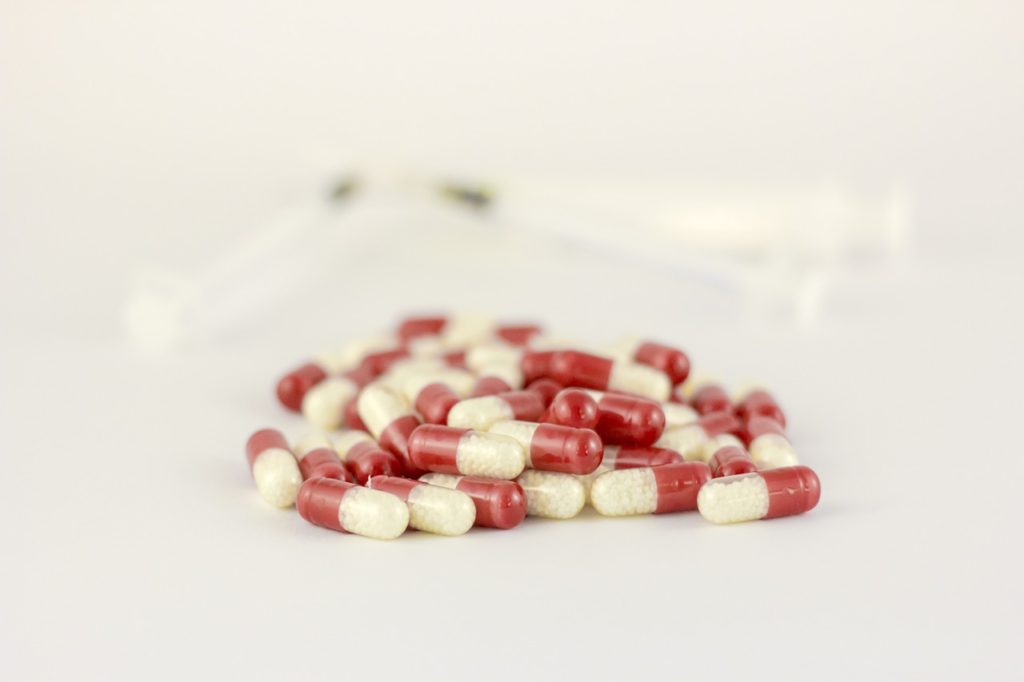One of the dreaded courses in nursing school is Pharmacology. Pharmacology is the study of medications. Nurses must understand many aspects of the medications they provide to patients. Medication safety is a priority. In this week’s post, I’ll highlight ideas for pharmacology success.
Let’s first discuss the importance of pharmacology (or pharm). Nurses don’t prescribe medications unless an advanced practice nurse. But they do provide patients with information on how to take their medications. In many work settings, nurses are administering medications to their patients. Medications are chemicals that are lifesaving but also can be risky. Some cause significant side effects. Dangerous interactions can occur with certain combinations of medications. Giving some drugs to people with certain diseases can cause worsening. Certain people are allergic to medications. Reactions vary, some mild but a few life-threatening. Medications given in the wrong dose or the wrong way can also lead to permanent disability or death. So, the study of safe administration is needed for all nurses.
Medication Safety
There are thousands of medications and I will admit that no one can know everything about all. Learning about medications will be an ongoing and life-long pursuit. But, you will study groups of medications or classifications for your preparation.
What does the nurse need to know about medications? Some general principles of medication use in the body (called pharmacokinetics) will be included in the course. They are:
a. How medications are absorbed.
b. How meds are metabolized in the body.
c. How medications are excreted from the body.
Safety in giving medications is a priority. For each medication given, the nurse must verify the right medication is given in the right amount to the right patient at the right time via the right route. We also must check we are giving the medication for the right reason. (We refer to these checks as the 5 or 6 rights of medication administration.) Also, the nurse must check the patient isn’t allergic to any of the medications prescribed.
The main routes we give medications include oral, drops or creams, or injections (“shots”). You are learning the skills of medication administration via these routes, also. Your vocabulary and skill are increasing with new words. Examples are subcutaneous, intramuscular, and intravenous injections, to name a few.

How to Study for Success
There are main characteristics to learn about most medications. They are classification, action, usual dose, side effects, and methods of administration. Teaching information is also important. A few medications will be selected for each medication class. The review of the anatomy and physiology (A & P) of the affected organ systems will help in your learning. The actions of the meds will make more sense if you review the A & P as you learn. Pull out your A & P resources or notes to help you understand how the medications you are studying affect the body.
How will you remember all the information? Here are some tips. First, take notes during class, Then, review them right after the course, again in 1-2 days, and then weekly until the exam. Some students find note cards or flashcards helpful. They can summarize the medication information and allow for quick study. Although pre-made cards can be purchased, they may be too full of information. Making your own cards with the information highlighted by your instructor may work better. Making your own study tools also adds more study as you create them. Use color, icons, or diagrams to help you remember the information.
Although memorization is a lower-level type of learning, you will need to memorize a bit in pharm. Come classes of medications have common endings or suffixes. Remembering the suffixes will help you identify types of medications. For example, -olol is a suffix for a group of antihypertensive medications. (atenolol, metoprolol). Anti-inflammatory cortisone medications often end in -sone.
Making mnemonics is another way to remember information. For example, Matt Vera of NurseLabs (2019) recommends using the mnemonic TRAMP to remember the 5 rights of medication administration: Time, Route, Amount, Medication, and Patient. Check Pinterest for many examples of mnemonics, memory helpers, and diagrams.
Take time every few days to quiz yourself on what you are learning. Any time you have a free 5-10 minutes, pull out your notes or review cards. See if you can describe the action of each medication or list a few key side effects. Your textbook or NCLEX resources will provide sample test questions for review. Nothing will help the information stay in your brain better than repetition!
Finding materials that outline medication information may be helpful. You may find your assigned text helpful. A separate drug guide, either a book or online resource, may decrease the information a bit for you. A few companies provide some study guides or condensed medication guides. There are also many web resources. I’ve listed a few helpful links below.
Of course, nothing helps more than making sure you have enough time for study. Group study can be very helpful. Studying with others can create an “experience” with the medication information through discussion. When you can explain information to others, you know it!
There are no magic ways to learn pharmacology. It takes time and effort. With repetitive study, the pharmacology information can become part of your fundamental knowledge. Your clinical experience with medications will further help. No one can know every aspect of all medications. The study of medications will be a life-long one for all nurses. However, with some of the ideas above, I hope pharmacology won’t be so painful!
Resources
Here are some helpful web resources for pharm students:
a. Open source text for Pharmacology with critical thinking activities. (By Chippewa Valley Technical College of Eau Claire, WI)
b. RegisteredNurse RN: Website and videos. In addition, there are many other online and YouTube resources available.
c. Many other blogs are available help in studying pharmacology. Here are some examples: Nursing School of Success, Nursing.com, Nurse-Clara.com, and NurseLabs.
Reference:
Vera, M. (2019, October 2). Pharmacology nursing mnemonics & tips. NurseLabs. (see link above).

